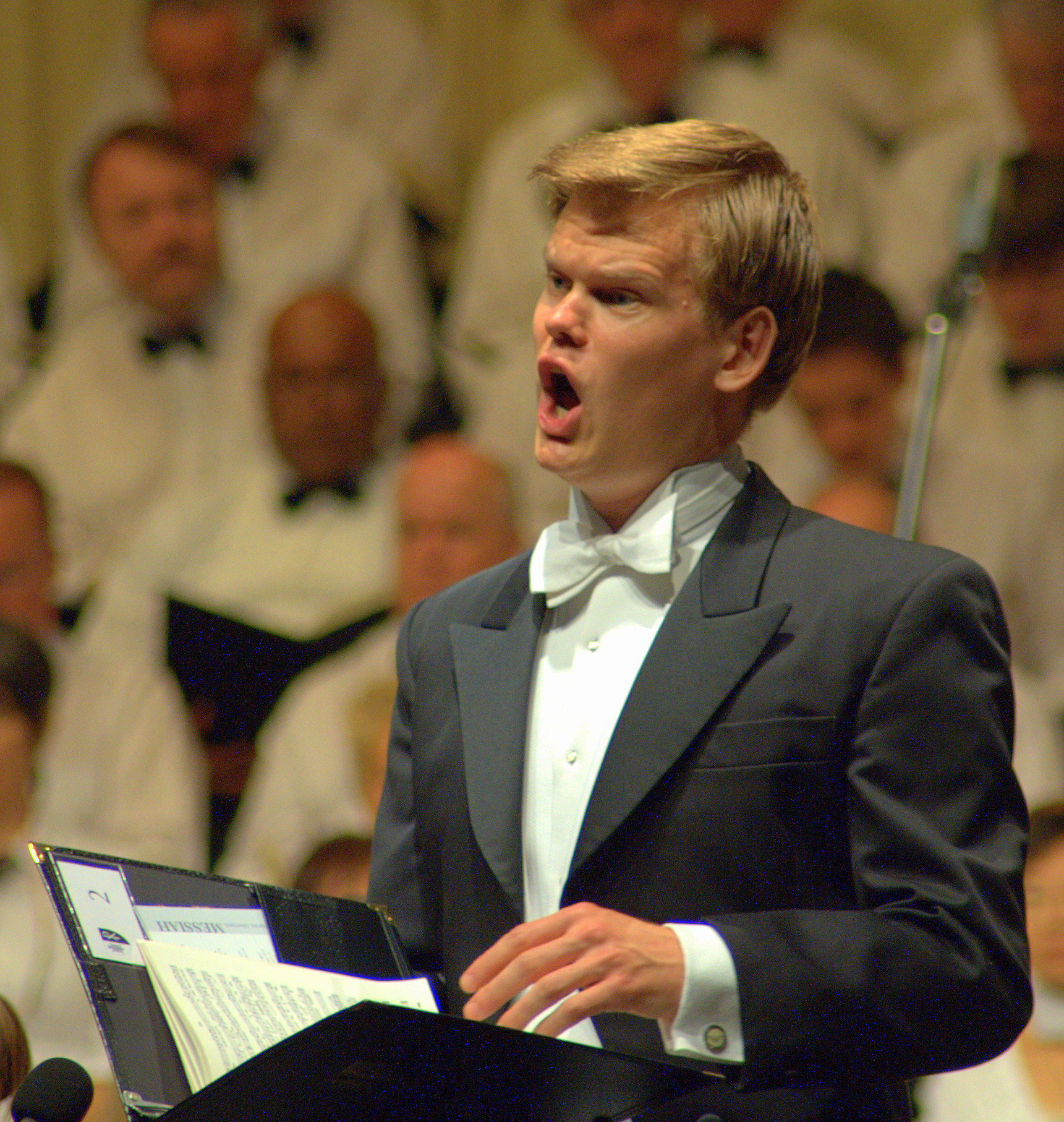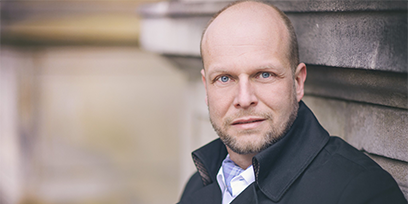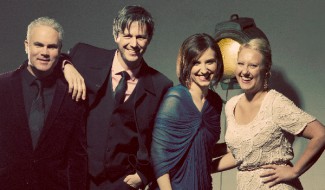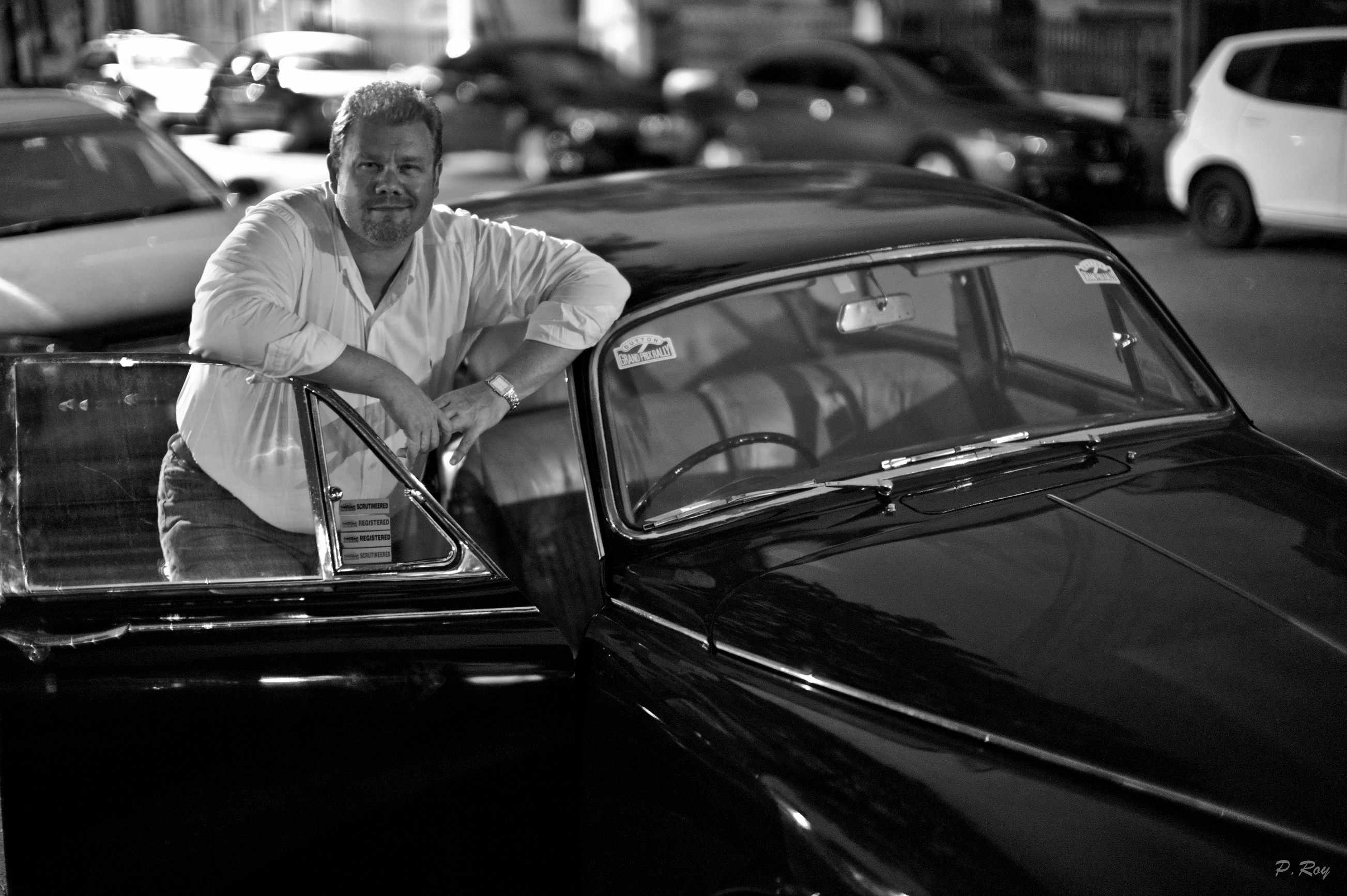Emerging Conductor Makes His Mark With Sydney Chamber Choir
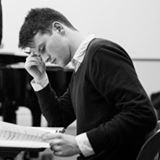
There will be a bright young guest conductor stepping up to the rostrum when the Sydney Chamber Choir presents its programme German Romantics in April.
Emerging conductor Sam Allchurch has curated a programme of some of his favourite choral music by Mendelssohn, Schubert, Brahms, Bruckner and Schonberg for his debut with the popular Sydney vocal ensemble.
Speaking to SoundsLikeSydney, Sam explained why he finds this repertoire so appealing. “It is spine-chillingly beautiful” he says simply. “There is not enough of this repertoire being performed in Sydney. As much as the early music revival has made a mark on choral programmes in Sydney and now 20th early English music has had quite a renaissance with some choirs, I saw a gap in this European Romantic music which I love so much.”
He continues “It combines for me the formal beauty and the intellectual rigour of the music of J S Bach, with an inevitable emotional reaction. It’s music that somehow goes both to the heart and to the head at the same time, in roughly the same proportions, which is really appealing. I think that a lot of it is spiritual without being dogmatic and has quite a universal appeal. Brahms’ music particularly, can give the that sense of the weight of the world bearing down on his shoulders – but in the midst of suffering there’s always a kernel of hope and light.”
Born in Australia, Sam comes to this guest role with impeccable credentials. A graduate of the University of Melbourne in organ and musicology in 2011, he completed post-graduate studies in choral music as a Gates Scholar at the University of Cambridge in 2013. Amidst a select number of organist and guest conductor roles, Sam currently works as Artistic Operations Manager and Conductor with Gondwana Choirs and was recently the Acting Director of Music at Trinity College, at the University of Melbourne.
Referring particularly to the programme that he will soon conduct, I asked Sam why German Romantic music is relevant in 21st century Australia. Once again, his response appeals to the heart. “My initial reaction is that it’s just so beautiful and beauty is relevant all the time. The more that we can experience beauty the better. This repertoire is no less relevant than symphonic music which is largely from the German Romantic era. If you look at the symphony orchestras in Australia for example, you don’t have to go very far to find a Beethoven symphony, a Brahms symphony, a Schumann concerto or a Wagner overture.”
“It is one of the things that I found puzzling in comparing programmes between choirs and orchestras. Choirs seemed to stop performing music written after Mozart and then pick up in the 20th century. But after the great choral works of Bach, Handel, Mozart and Haydn, orchestras went to the symphonies, concertos and large orchestral tone poems. However, just as much as the symphonic tradition grew, there was a great choral tradition as well – the large scale works like the Mendelssohn oratorios, many of which are now forgotten – and some deservedly so” he laughs.
“There were active choirs in Germany at the time – lots of singvereins which were music associations being started or revived. Both Brahms and Mendelssohn flourished as conductors. They are thought of as symphonists but so much of their excellent music is choral.”
The Sydney Chamber Choir is known for the beauty of its sound and fine musicianship. Sam is aspiring to make his distinctive mark by creating for this Romantic repertoire “an incredibly rich choral sound at any dynamic,” eschewing the transparency and clarity of early music. “I want a more chocolate, velvet sound,” he says, adding “One advantage is that there are about 35 singers in this concert and that’s a good size for the sound I am aiming to create. The other aim is to get as many different colours and emotions and dynamics as possible. It’s very easy in this kind of programme for all the pieces to sound similar. A lot of Brahms’ motets are built on fugues and they are quite academic structures. My goal is to make them fundamentally emotional structures and as we go through the fugue see what sort of emotional landscape we are trying to draw. It’s an emotional manipulation of the best sort. I want to make the audience feel something quite specific.”
Back to contemporary Australia, and for Sam, Paul Stanhope is the most compelling voice in the Australian choral music scene. Sam acknowledges that he is privileged and excited to conduct the choir that Paul Stanhope fronted for many years. “He has created a style and his texts deal with serious issues relevant to Australia, like the idea of exile. He has worked a lot in indigenous communities and brings that aesthetic into his music.”
The topic of stories in music brings Sam to something he has pondered for a while. “I sometimes wonder,” he muses, “whether anyone can actually hear the words that are being sung, by even the best choirs who have excellent diction and balance and get all the technical things right. The structure of the music is such that it can be hard to hear what’s going on if you don’t have the text printed in front of you. And if the text is printed in front of you, are you really being communicated the text or are you reading the text and then reflecting on it? It’s our job as a choir to communicate with the audience as directly as possible. It’s that immediacy of the text that distinguishes vocal music from instrumental music. You can catch the colours of the landscape with instruments but only words can deal with issues. It’s a level of deep engagement through which choral music can set itself apart from instrumental music.”
Shamistha de Soysa for SoundsLikeSydney©
The Sydney Chamber Choir conducted by Sam Allchurch performs German Romantics on April 8.


